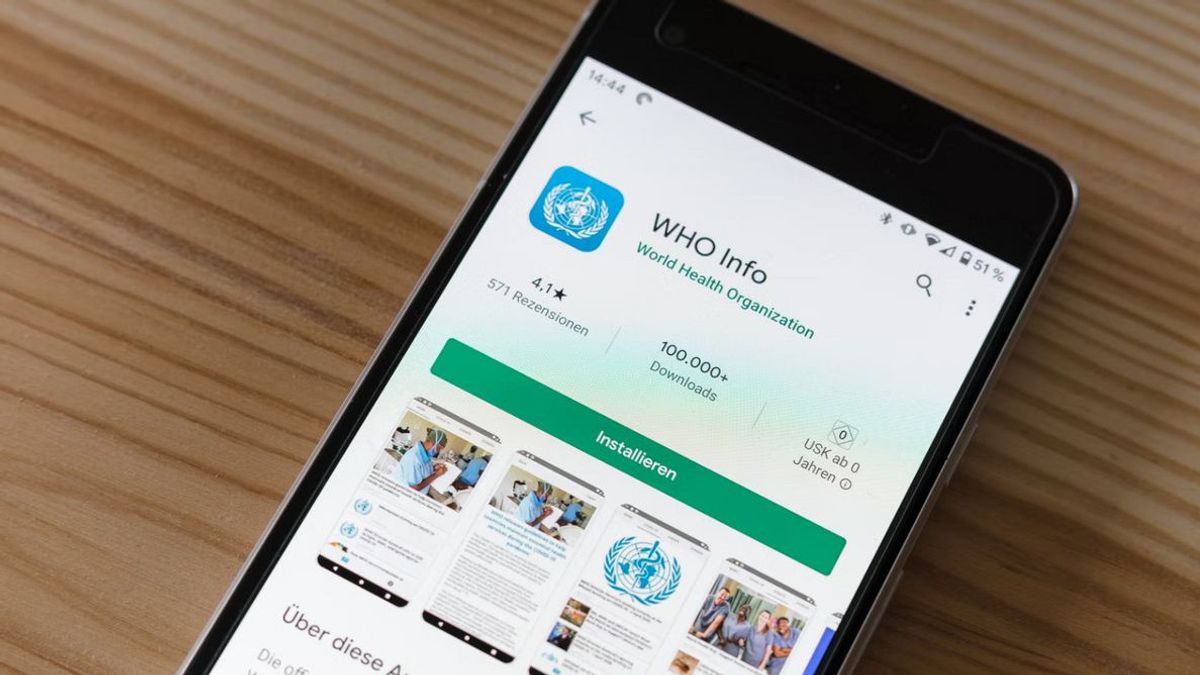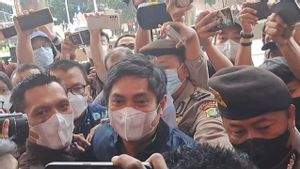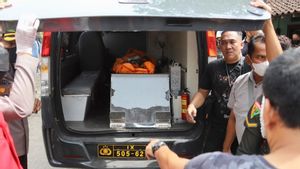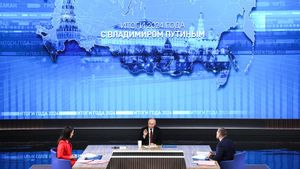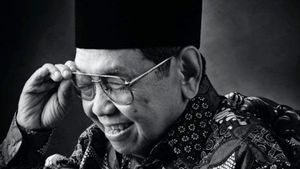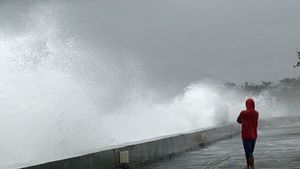JAKARTA - The World Health Organization (WHO) believes that the fast-spreading epidemic of monkeypox can be stopped with the right strategies and groups, according to a statement released on the WHO's official website, Thursday (28/7).
"However, time is running fast and we must immediately move together to realize these goals," said the WHO technical lead for monkeypox Rosamund Lewis at a news conference in Geneva.
WHO Director-General Tedros Adhanom Ghebreyesus declared the spread of the virus a public health emergency of international concern (PHEIC) and the highest alert level for the World Health Organization.
"Through this, we hope to improve coordination, cooperation between countries and all stakeholders, as well as global solidarity," said Dr. Lewis.
WHO has set a high risk of monkeypox to public health in the European region while for other regions it is at a moderate level.
Ghebreyesus said while other regions were not currently severely affected, he said PHEIC was needed to ensure the outbreak was stopped as soon as possible.
This year there were reported to be 16,000 confirmed cases of monkeypox in more than 75 countries.
But Dr. Lewis said the number was likely higher.
He said that in the Democratic Republic of Congo, there were thousands of suspected cases of monkeypox, but smallpox testing facilities were very limited.
Lewis said, "the instrument manual does not count suspected cases of monkeypox".
About 81 children under the age of 17 are reported to be infected globally, with the majority of cases occurring in young men, with a median age of 37, Lewis said.
VOIR éGALEMENT:
Lewis said WHO was working with the Member States and the European Union on the vaccine, and with partners would define a global coordination mechanism. He stressed that mass vaccination was not necessary, but WHO had recommended vaccination after contracting monkeypox.
Vaccine administration should be tailored to public health needs, country to country, and location to location. Not all regions have the same epidemiology, he explained.
Lewis also stressed that countries with production capacity for smallpox and monkeypox diagnostics, vaccines, or therapies should increase production.
Countries and producers should work with WHO to ensure vaccines are available for public health needs and at affordable prices for countries where vaccines are most urgently needed.
Lewis also explained that 16.4 million vaccines are currently available but must be spent. Countries currently producing vaccines are Denmark, Japan, and the United States.
He also reminded that the current recommendation for monkeypox sufferers is to self-isolate and not travel until they have recovered.
Those who come into contact with monkeypox patients are asked to have their temperature checked and monitor for other possible symptoms within a period of 9 to 21 days.
"When someone gets the vaccine, it can take a few weeks for the immune system to respond," Lewis said
The English, Chinese, Japanese, Arabic, and French versions are automatically generated by the AI. So there may still be inaccuracies in translating, please always see Indonesian as our main language. (system supported by DigitalSiber.id)
